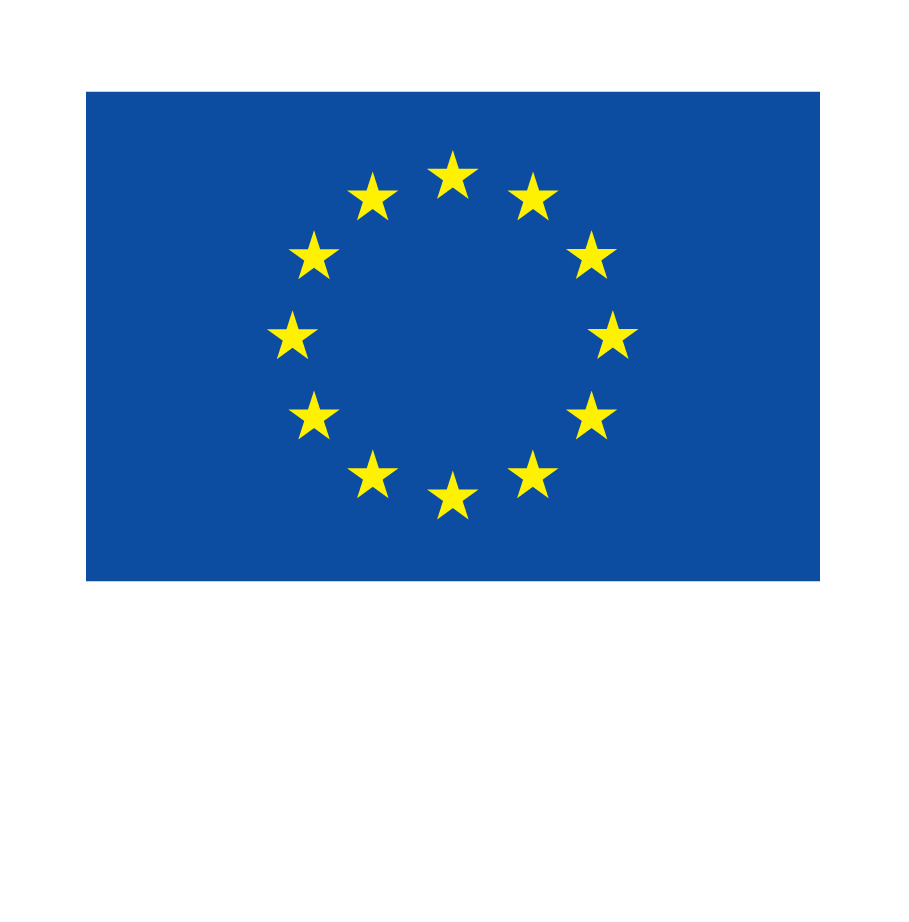NAVIGATOR seeks to deliver robust analyses of the general patterns of global governance in terms of the norms and principles underwriting it at the macro-level, and of the specific dynamic within different issue areas.
In so doing, the ambition is to provide both “big picture” analyses of evolving trends coupled with granular analyses that can recommend how the EU and its member states best wield influence and design governance processes.

In particular, the project seeks to identify strategies for the EU and its member states to balance long-term credible pressure on Russia on the one hand, with commitment to diplomacy and inclusive multilateralism on the other.
NAVIGATOR will fill four critical knowledge and policy gaps:
1
First, we will analyse the strengths and weaknesses of different strategies for the EU and its member states to invest in global governance arrangements that reflect core liberal and democratic values. The war in Ukraine will have lasting consequences on the prevalence of different types of international cooperation, but we expect there to be differences across issue-areas and state-actor constellations. The challenge is to identify which attributes call for universal cooperation and which for club formats, or for extensive reliance on voluntary and private governance arrangements.
2
Second, there has been increasing research on the use of “informal inter-governmental organizations, trans-governmental networks, and transnational public-private partnerships”, resulting in an increase of what is termed “low-cost institutions” (LCIs) in global governance (2020: 1). However, while much is known about both formal and increasingly also LCIs, the latter literature has mostly focused on the power and authority of these LCIs, and less on their accountability and legitimacy. The NAVIGATOR dataset will build on existing datasets on international cooperation and fill this knowledge gap with a systematic study of both formal and low-cost institutions including an assessment of their accountability and legitimacy.
3
Third, NAVIGATOR develops an innovative analytical and methodological framework including comprehensive data collection methods enabling us to synthesize findings and provide actionable information to the EU and its member states. The Global NAVIGATOR analytical model will distil the quantitative and qualitative data into concise snapshots of the status quo of formal and low-cost institutions in global governance.
4
Fourth, and based on this information, NAVIGATOR will provide concrete and targeted advice on how to engage, reform, and strengthen selected formal and low-cost institutions to ensure an optimal balance between engagement of the EU and its member states.

